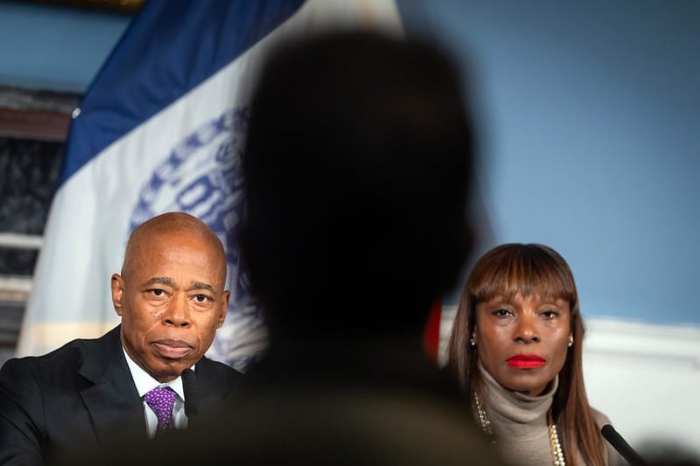In less than a month, the NYPD has written dozens of tweets, posted on Facebook and Instagram, and produced a video, all with one goal: promoting September’s suicide-prevention awareness month and trying to reach people where they are most comfortable.
Social media has become a must for the department, which has dedicated itself to amassing accounts on everything from Twitter to Snapchat. And just in time for World Suicide Prevention Day on Sept. 10, the department has gone a step further, creating @TalkToMe, a Twitter handle devoted to “promoting mental illness awareness and suicide prevention by promoting skills, connecting people with help & dispelling myths.” The account already has more than 230 followers.
“This social media campaign is great because people are living with the now, right now,” said Lt. Christopher Zimmerman, commanding officer of the hostage negotiation team. “It reaches out to people.”
But a main point of the campaign, Zimmerman said, is to show people that you don’t need to be an expert to help save someone from harming themselves.
“The bottom line is one of our first priorities is to preserve life, life safety,” he said, adding it’s not the “traditional good guy, bad guy” dynamic.
But it’s not just the experts who can help: About 4,000 patrol officers have been trained in Crisis Intervention Training, which focuses on de-escalating situations, crisis communication, and tactics.
This training helps officers connect to people who may be about to hurt themselves, either resolving or tempering the situation until hostage negotiation experts can arrive.
“We tell the officers that they’re good enough,” said Lt. Mark Turner, the training supervisor for the Crisis Intervention Team. “The Talk to Me campaign simply means the 80/20 rule is in effect, where you’re going to do 80 percent listening, 20 percent talking.
“Emotions are high, your rationale is low. So you want to be that balancing act,” he added.
Ultimately, the department’s social media campaign identifies that anyone in the public can help, listing resources, like the Crisis Text Line, and inviting people to share the message.
“What we say to the general public is if you think that somebody is thinking or contemplating suicide, ask them,” Turner said.



































